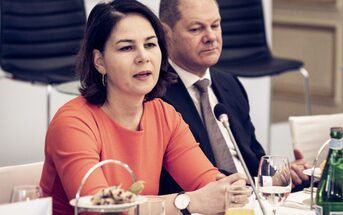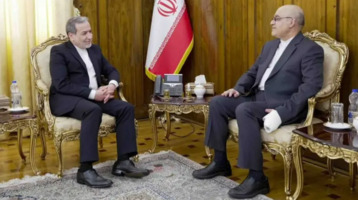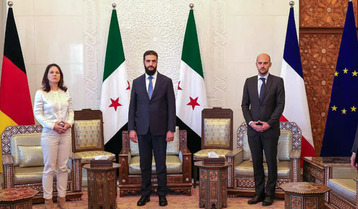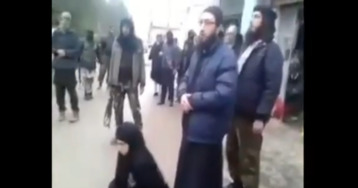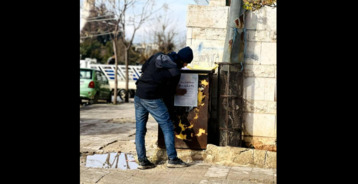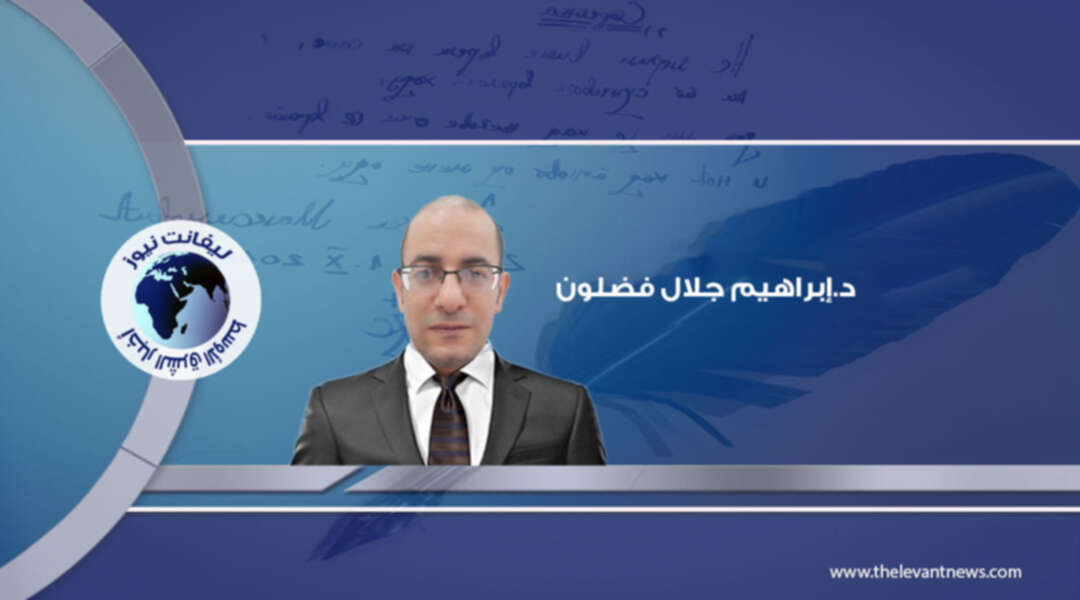-
US imposes visa restrictions on Chinese officials who intimidate rights activists and dissidents
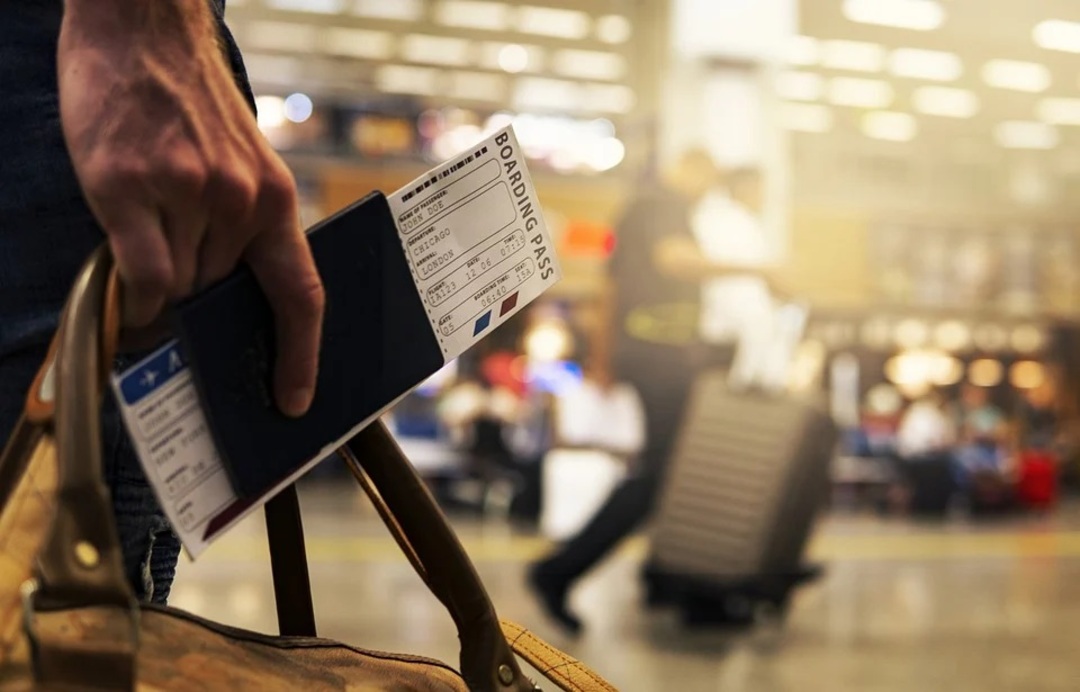
The We For News reported, the US State Department said on Monday that US is imposing visa restrictions on Chinese officials in order to punish Beijing for alleged repression, intimidation and harassment of human rights activists and dissidents, both in China and around the world. As examples, Secretary of State Antony Blinken cited “genocide” of Uighurs and repression in Tibet and Hong Kong.
Blinken said that China is “attempting to intimidate, harass, and repress dissidents and human rights defenders inside and outside.” He added that “perpetrators of human rights abuses must continue to face consequences.”
Blinken said in a statement released by the State Department on Monday afternoon that the US “rejects efforts by [People’s Republic of China] officials to harass, intimidate, surveil and abduct members of ethnic and religious minority groups, including those who seek safety abroad, and US citizens, who speak out on behalf of these vulnerable populations.”
The State Department said that US sanctions target those officials “who are believed to be responsible for, or complicit in, policies or actions” targeting these communities, activists, and civil society “in China and beyond." It added, “We are committed to defending human rights around the world.”
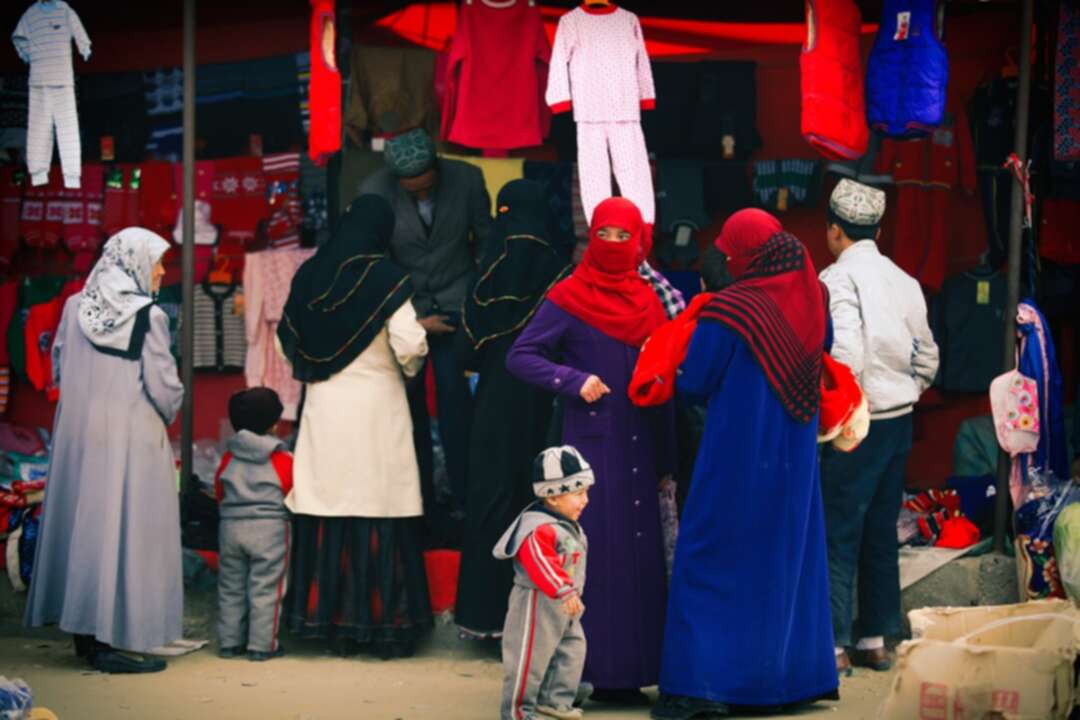
As an example of China’s “transnational repression,” the US said Beijing was trying to silence Uighur activists “serving the American people” by denying permissions to their family members to leave China.
Washington urged Beijing to “end its ongoing genocide and crimes against humanity in Xinjiang, repressive policies in Tibet, crackdown on fundamental freedoms in Kong Kong,” and other abuses elsewhere.
Taiwan honors former US Secretary of State Pompeo, China calls him ‘liar’
The announcement comes after Friday’s call between US President Joe Biden and his Chinese counterpart Xi Jinping, in which Washington threatened China with “consequences” unless it disavowed Russia and joined the US-led embargo against Moscow.
China is a sovereign country opposed to unilateral sanctions and reserves the right to defend its interests accordingly, the government in Beijing said in response. Xi told Biden that China stands for peace and against war and backed a diplomatic solution of the Ukraine conflict.
China joins Russia in opposing further Nato expansion
The Chinese readout of the presidential phone conversation said: “All sides need to jointly support Russia and Ukraine in having dialogue and negotiation that will produce results and lead to peace."
Source: wefornews
You May Also Like
Popular Posts
Caricature
opinion
Report
ads
Newsletter
Subscribe to our mailing list to get the new updates!

